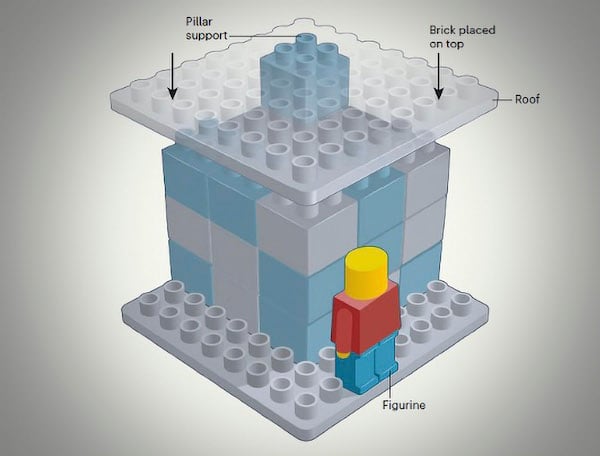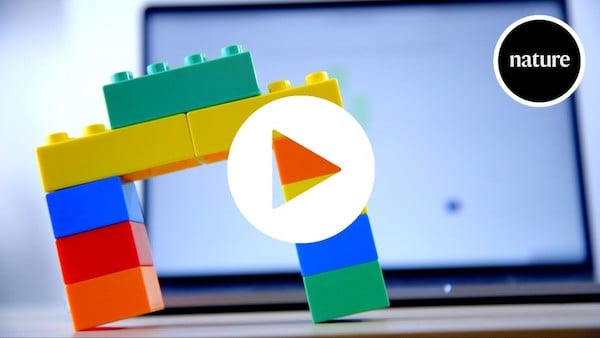|
Video: Why humans solve problems by adding not subtracting
It turns out that it’s not surprising that projects tend to get big. That’s because recent research shows that our brains are wired to solve problems by adding not subtracting, according to a paper published in Nature.
Across a series of experiments, a team at the University of Virginia found that we tend to add not subtract, even when subtracting is the better solution.
The researchers point out it’s something we do as a society too. For years we taught kids to ride bikes by adding training wheels. But the way toddlers have taken to balance bikes shows that all we needed to do was remove the pedals.

When asked to make the top platform more stable, test subjects tended to add more pillar support bricks, rather than remove the existing one
Solving problems by simplifying
The research may explain why many people are initially confused by principle 10 of the Agile manifesto: Simplicity — the art of maximizing the amount of work not done — is essential. For many people, maximising the work you don’t do seems wrong.
If you’ve read Daniel Kahneman’s Thinking, Fast and Slow, you might recognise the findings as another example of a cognitive bias. It seems that our fast System 1 brain defaults to solving problems by addition. That means we need to stop and engage our slow System 2 brain. Whenever we have a problem to solve, we need to ask ourselves what we can remove to improve our solution.

View the YouTube video on the research
|